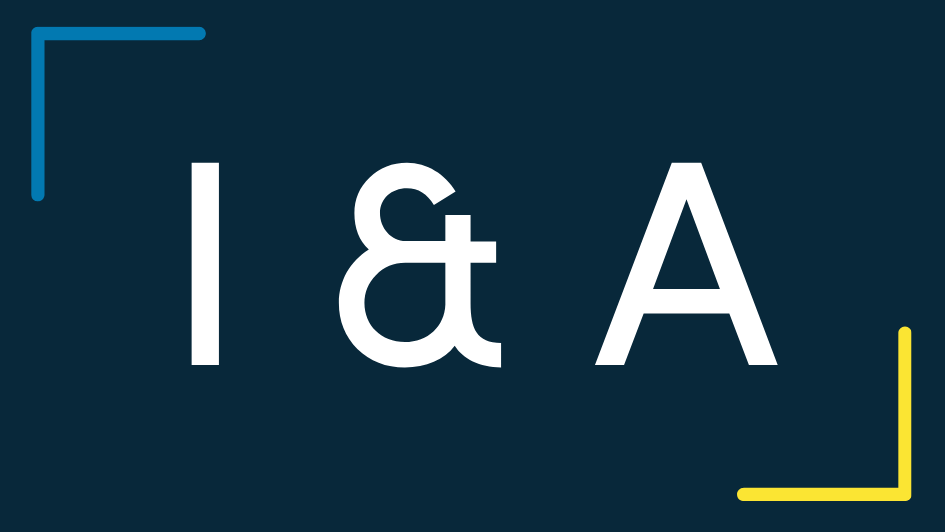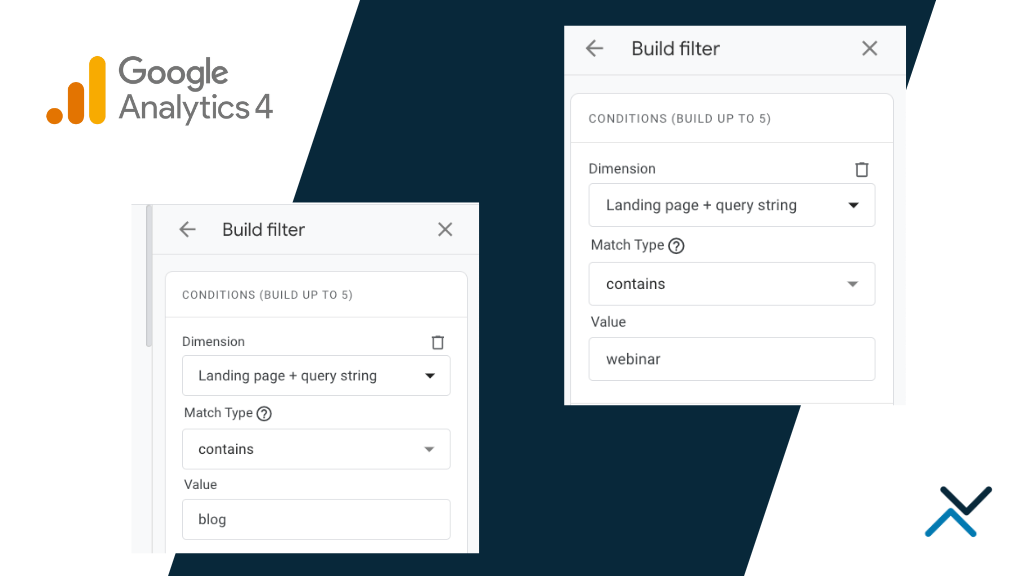John Mueller, the man behind the answers of almost any SEO’s questions to Google, recently commented (you’ll want to fast forward to 23:48 of the YouTube video) that H1 tags are not critical for ranking a page.
A Quick Refresher On Heading Tags
Header tags, including H1-H6, have long been used in SEO to structure content and inform search engines about the subsections of content on a page. There can be many heading tags or very few depending on the type of content you are featuring, and how you want it displayed for your users. As an SEO, I have always held the common belief that you must have one – and only one – H1 tag per page.
Historically speaking, the H1 tag has helped Google, Bing and users understand the main topic of a page and it has always been considered a ranking factor. Most often, marketers will use the H1 tag to highlight the most important keyword or phrase of the page so as to help rank for that keyword.
John Mueller saying that a page can have multiple H1 tags or none at all and it doesn’t affect the ranking of a page has some SEOs…well, confused.
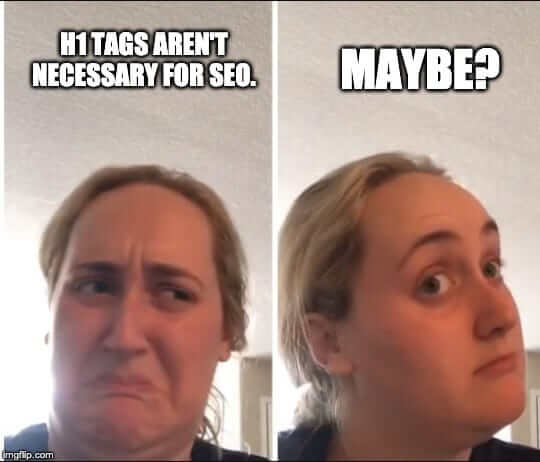
Is this another one of Google’s recommendations to divert SEOs attention onto something we know to be false? Or has Google changed their guidelines to give less weight to the primary heading tag of a page?
Here’s the video transcript for reference:
So we we get this question multiple times as well. You can use h1 tags as often as you want on a page. There’s no limit. Neither upper nor lower bound. h1 elements are a great way to give more structure to a page so that users and search engines can understand which parts of a page are kind of under different headings. So I would use them in in the proper way on a page.
And especially with html5 having multiple h1 elements on a page is completely normal and kind of expected. So it’s not something that you need to worry about. And some SEO tools flag this as an issue and say like oh you don’t have any h1 tag or you have two h1 tags. From our point of view that’s not a critical issue. From a usability point of view, maybe it makes sense to improve that. So it’s not that I would completely ignore those suggestions but I wouldn’t see it as a critical issue.
Your site can do perfectly fine with no h1 tags or with five h1 tags.
In either case, consider the users of your site before anything related to search engine optimization. If an H1 tag helps structure the page to make it easier to read and digest, then go for it. If an H1 tag is an unnecessary element to the design of a page and may be cluttering the page, you may consider omitting it. While I would usually recommend using H1 tags for 99% of landing pages, not everything has to be done in the name of SEO, especially if it interferes with the user experience of a site.
What do you think about John Mueller’s take on H1 tags?


